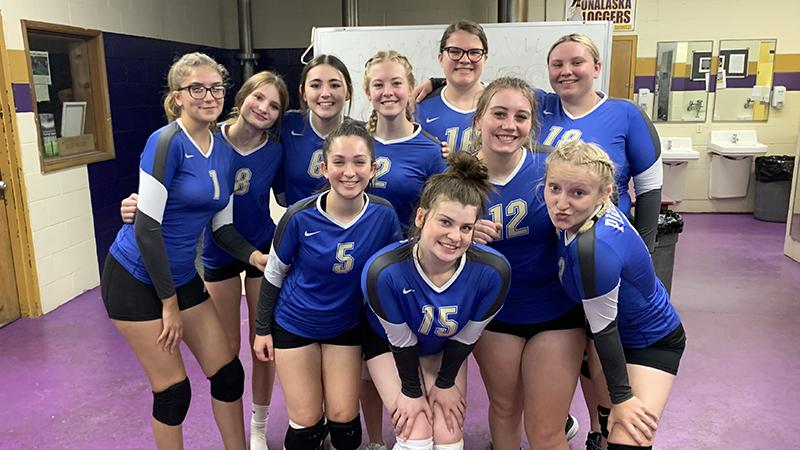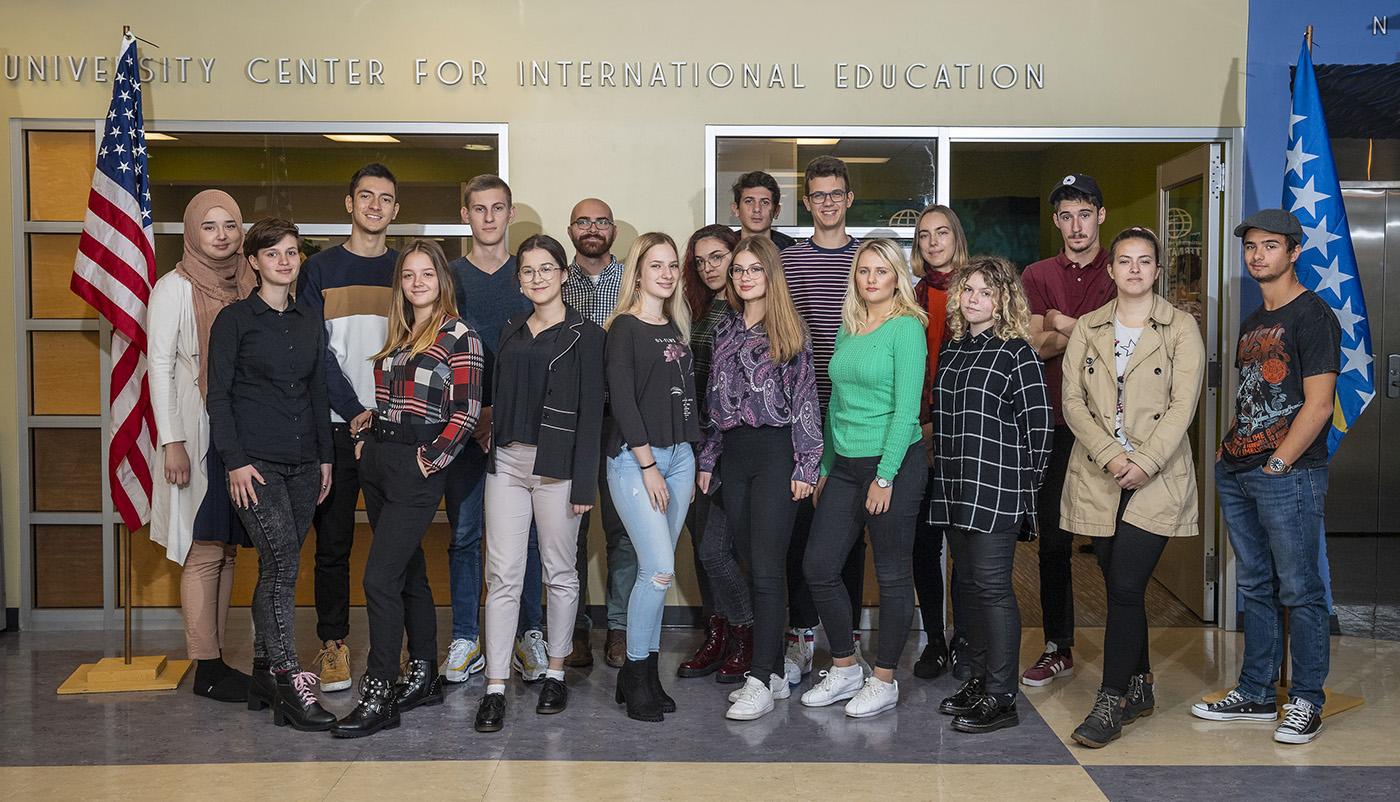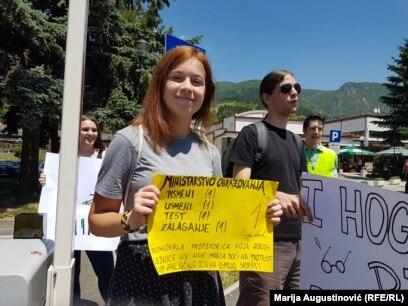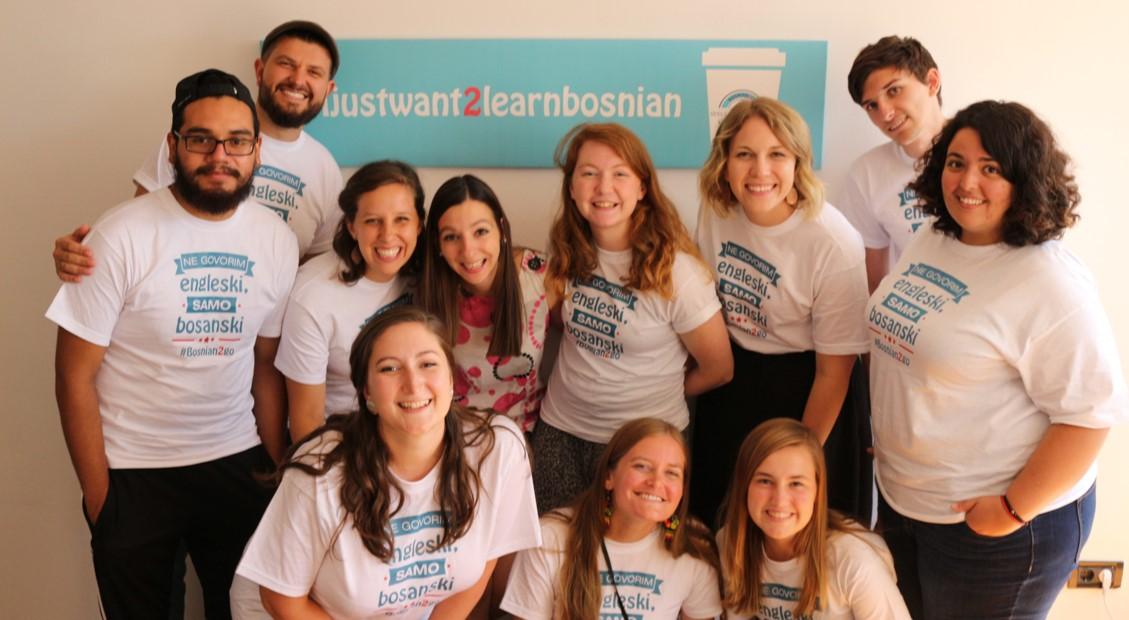Bosnian Student Activism Takes Center stage in the fight for Justice
In recent weeks, a wave of student activism has swept through universities across Bosnia, galvanizing the youth in a powerful movement that echoes the anti-corruption efforts seen in Serbia. From the bustling campuses of Sarajevo to the historic halls of Banja Luka, students have united in a clarion call for justice, demanding accountability from those in power. Inspired by their Serbian counterparts, whose persistent protests have exposed systemic corruption, Bosnian students are employing similar strategies of institution and mobilization, fostering a sense of solidarity and purpose. Their rallying cries signal a refusal to remain passive in the face of political disillusionment and social injustice.
Participants have organized a series of demonstrations that not only spotlight domestic issues but also draw attention to broader regional challenges. Key focal points include:
- Corruption in governance: Highlighting the need for transparent practices within goverment institutions.
- Education reform: Advocating for improved quality and accessibility in higher education.
- Environmental justice: Raising awareness about the impact of pollution and neglect in their communities.
This vibrant movement has also utilized social media to amplify their message and reach a wider audience, creating a digital space for dialog and engagement. As the activism continues to gain momentum, it is clear that Bosnian students are not only shaping the discourse around justice but are also positioned as key players in the future political landscape of the region.

Lessons from Serbia: How Anti-Graft Movements Shape Youth Engagement
The anti-corruption movement in Serbia serves as a powerful lesson for youth engagement, illustrating how collective action can spark meaningful social change. Over the years, countless young activists have mobilized, demanding transparency and accountability from their leaders. This grassroots uprising has highlighted a few pivotal strategies that resonate with Bosnian students:
- Grassroots Mobilization: Organizing at the community level empowers youth to take ownership of their demands and fosters a sense of solidarity.
- Utilization of Social Media: Digital platforms have been instrumental in amplifying messages, coordinating protests, and uniting diverse groups under common cause.
- Importance of Education: Knowledge about governance and civic rights plays a crucial role in engaging students, enabling them to articulate their demands effectively.
In Serbia, protests have evolved into a robust movement that not only targets corruption but also encourages a proactive citizenry. The conversion of young people from passive observers to active participants in the political arena signals a broader shift in societal values. By drawing inspiration from Serbia’s anti-graft struggle,Bosnian students are learning that their voices can lead to meaningful change,encouraging a culture of accountability that future generations will inherit.

Building Solidarity: The Role of Community Support in Reform Efforts
The recent rally organized by Bosnian students showcases the immense power of community solidarity in the fight for justice and reform. Drawing inspiration from the robust anti-corruption movements in Serbia, these young activists have united to address systemic issues plaguing their own society. The convergence of their voices signifies not only a call for accountability but also emphasizes the importance of collective action in the face of widespread discontent. As these students demonstrate, community support fuels effective advocacy, transforming individual grievances into a resonant collective movement.
In mobilizing their communities, these students are employing a variety of strategies to foster solidarity and create lasting change. They are leveraging social media to amplify their message, organizing educational workshops to raise awareness about corruption, and staging protests that not only attract attention but also empower fellow citizens to join the cause. Key elements include:
- Grassroots organizing: Building local networks that encourage participation and collective duty.
- Educational outreach: Informing the public about the impacts of corruption and the meaning of civic engagement.
- Dialogue and collaboration: Engaging with local leaders to create alliances for reform efforts.
Through these efforts, Bosnian students are not just fighting for their future; they are crafting a narrative of unity that resonates beyond borders, inspiring similar calls for justice and transparency across the region.

Future Directions: strategies for Sustained Advocacy and Policy Change
The recent mobilization of Bosnian students serves as a powerful reminder of the importance of sustained advocacy in securing lasting policy change. inspired by the anti-graft movements in neighboring Serbia,these youth activists are not only demanding immediate reforms but are also cultivating a broader cultural shift toward accountability and transparency. To build on this momentum, several strategies can be pursued:
- Building Coalitions: By uniting with established non-governmental organizations, civic groups, and even sympathetic political parties, students can amplify their voices and enhance their influence in policy discussions.
- Utilizing Digital Platforms: Engaging with social media and online campaigns allows for a wider reach, encouraging other students and citizens to join the cause and share their experiences regarding corruption and injustice.
- Launching educational Initiatives: Creating workshops and seminars focused on civic rights and responsibilities can empower peers with the knowledge and tools necessary to advocate for change effectively.
Moreover, to ensure that their advocacy dose not fizzle out, Bosnian students can adopt enduring practices that reinforce their commitment to long-term change. This can include:
- Continuous Engagement: Regular follow-ups with policymakers and stakeholders to ensure that their grievances are addressed and that accountability mechanisms are put in place.
- mobilizing International Support: Connecting with international human rights organizations and inviting global scrutiny can help maintain pressure on local authorities to act against corruption.
- Fostering a Culture of Activism: Encouraging peer mentorship and success stories from within the student body can create a strong community dynamic that persists beyond initial protests.
